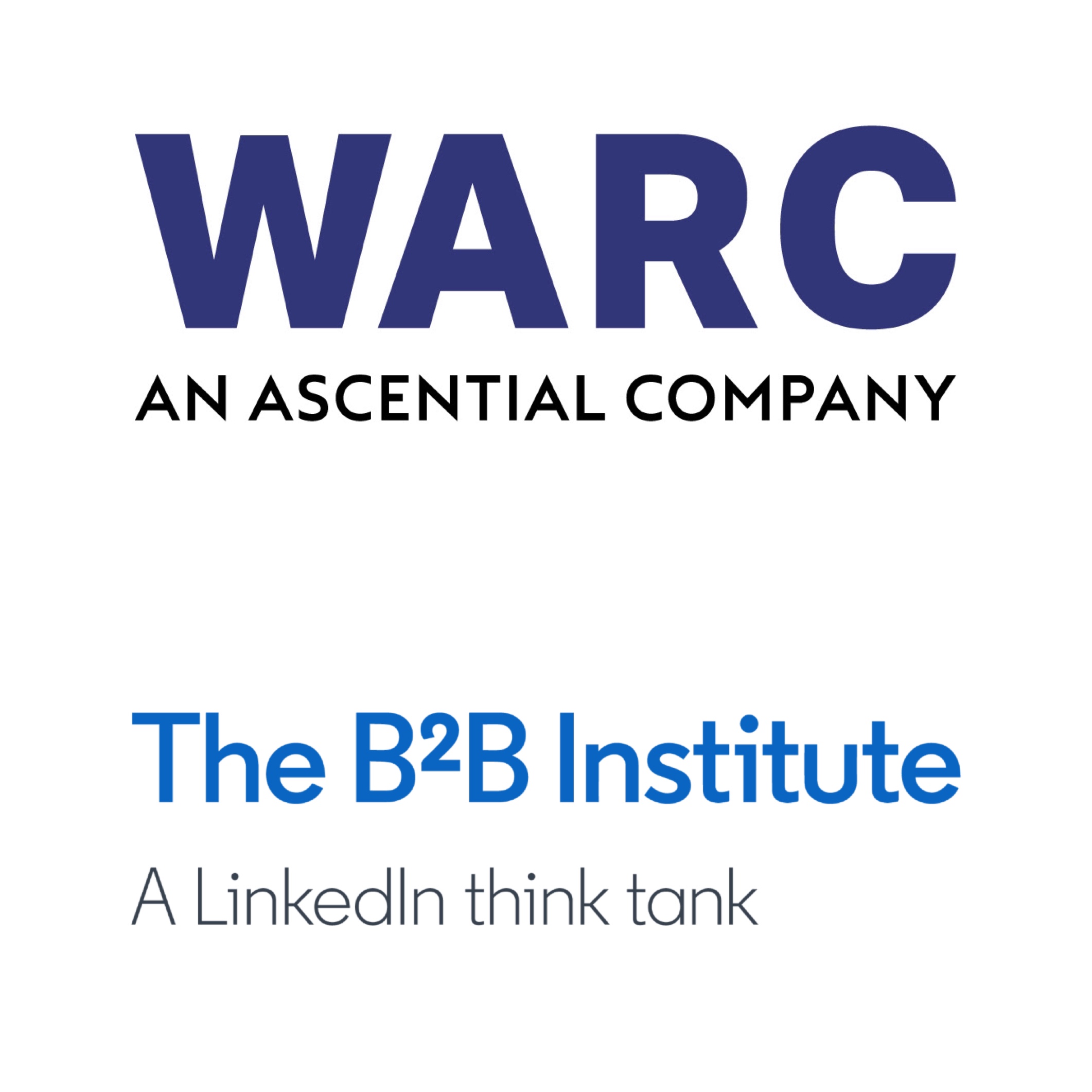By Zion Rufus
Talk about brand loyalty, iPhone users are backing Apple against the fresh $19million fine imposed by a Brazilian Court for selling its iPhones without chargers.
Earlier in September, the Brazilian Ministry of Justice had fined the iPhone maker $2.34 million citing it as ‘abusive practices’ for selling its flagship product without a charger. The Ministry then ordered a halt to the sales of iPhones in Brazil if the package did not include a power adapter.
In a poll launched by branding consultant, Talal Al Murad, some LinkedIn netizens expressed their views on Apple’s decision to stop including a charger with new iPhones, a deliberate effort towards cutting down on the amount of electronic and packaging waste the world produces.
Housing Landlord, Bill Miller said: “Phones are often used in two or more environments. One is the home, where depending on the power source may be 115V or 230V. In 115 V environments, the wall power plug is the same. In 230 V environments, the wall power plugs can be different, depending on the country. Then we have automobile 12V outlets that are still another configuration. This can create a logistical nightmare for the manufacturer. Package the phone without a charger. Sell the appropriate use-specific chargers separately.”
Apple had announced in 2020 that the firm will no longer be giving out charging adapters along with iPhones upon purchase. The iPhone maker had stated that power adapters use large amount of materials such as plastic, copper, and zinc for manufacturing.
On his part, Andreas Sondrup, Design-to-Value (DtV) Lead at Arla Foods believes that your phone typically lasts shorter than your charger.
He said: “For the last two iPhones I bought, I could just as well have used my old charger. Now I have two excess chargers in my drawer. It becomes even more relevant now that Apple has shifted to USB C. You might have a handful of other USB C devices where you can use the same charger. Why not cut both price and not at least resources used for extra chargers you might not need? Easy to buy an extra one if you need it.”
Omer Noor, ASM Lucid Motors shared: “Give customer an option if they need a charger they can get it for free with their device, now if they can be mindful of plastic waste, then they will only request it if they really need it; in my case I have a drawer full of chargers and cables that came with previous devices that I purchased; I don’t need a new one, so there can be a less plastic waste going back to the earth, a small contribution from everyone can have a major effect.”
Validating Sondrup’s premise, Sagar Paranjpe said: “Looking at this example, I believe that the debate begins with the description of a complete product. Most of us have older chargers. Unless we slept in 2017 and woke up in 2022. Those chargers work perfectly well for the new phone. Normally, you will keep the old one or the new one aside and carry on till you throw it away and it becomes the rubbish in the middle of the ocean. We really do not need another charger in most cases. Hence in this case, yes, a product can be sold incomplete.”
Lending his voice, Harry Padayachee shared: “Two ways to Look at it. For first time purchasers you have to invest in a charger and the shipping costs by removing chargers out of the box allows you to get the device cheaper. Secondly, the cost to buy a charger will add to your already expensive investment. we need to decide the lifecycle of our handsets by taking full care of the devices. Ultimately, do we really need a new charger with every device we have, especially when we already have bought one with a previous handset.”
However, marketing scientist Earl Panganiban has suggested that it is better to give people the option.
He explained: “We wouldn’t need a new charger for a new phone if the old charger remains compatible. That way we can reduce waste. What I find concerning is when companies force people to change chargers or sell them separately at ridiculous prices. But maybe there’s a good benefit to the latter – it gets people to think twice before getting a new one or it encourages households to share.”







Comment
No comments found.